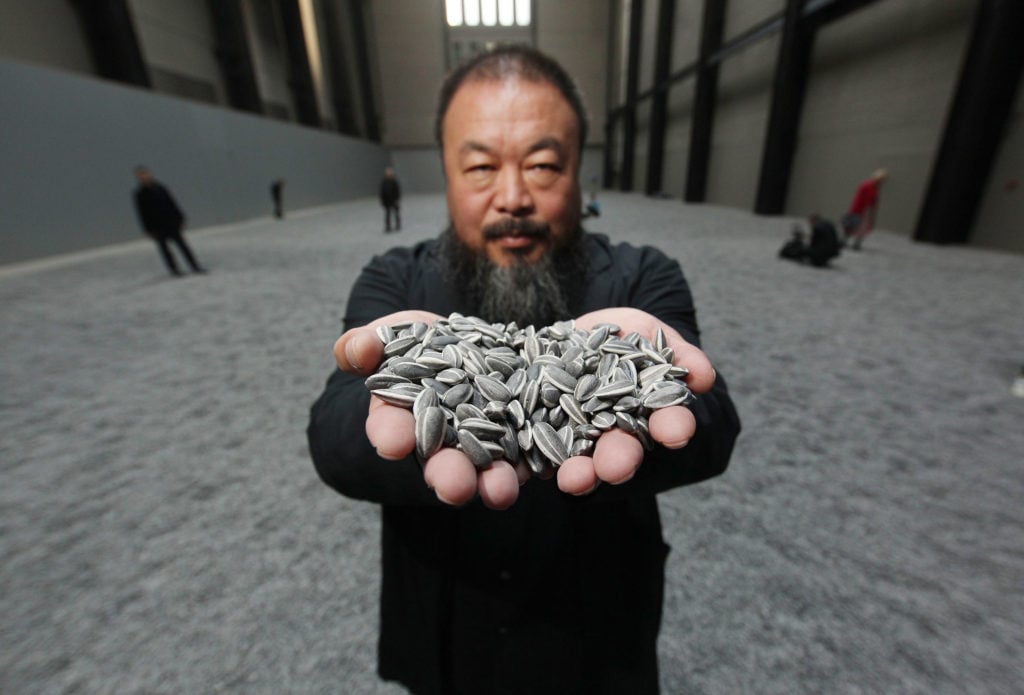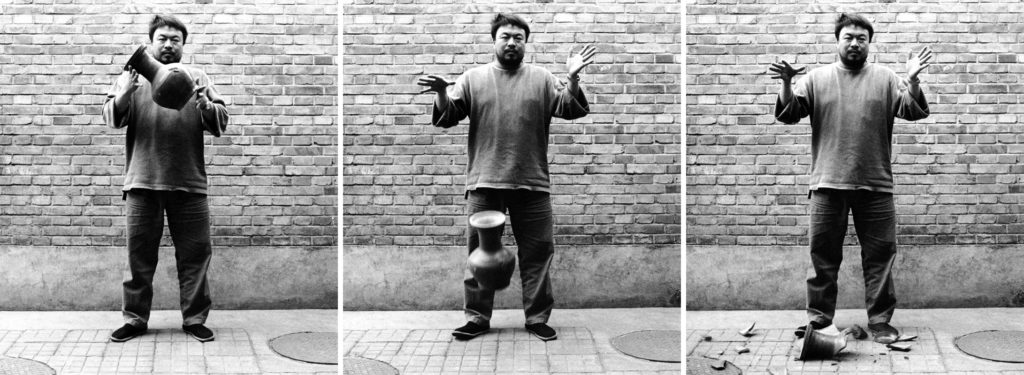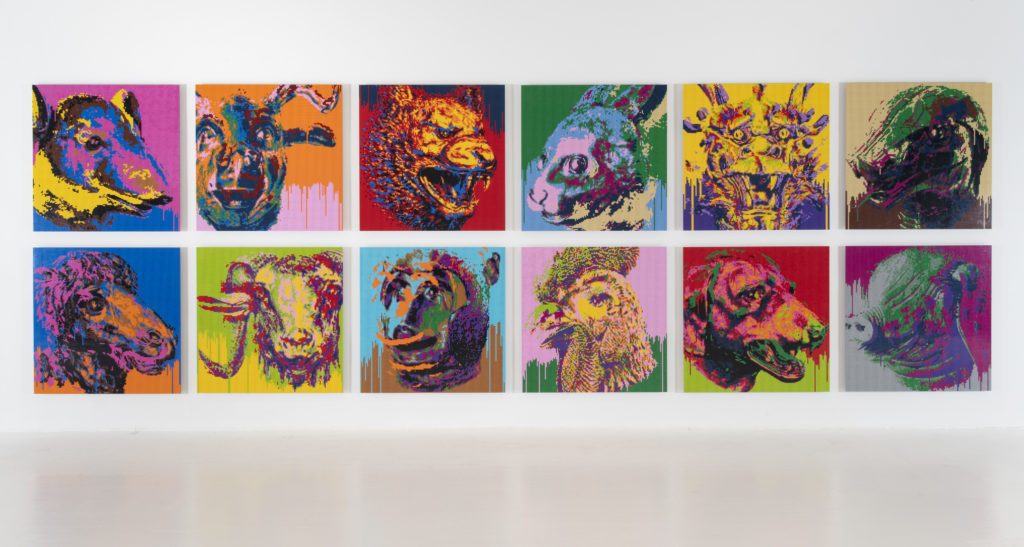Politics
‘The Real Problem Comes From the West’: Ai Weiwei Slams the US and Canada for Their Complicity in Tensions With China
The artist spoke out in an open letter circulated today by Toronto's Gardiner Museum.

The artist spoke out in an open letter circulated today by Toronto's Gardiner Museum.

Caroline Goldstein

The Beijing-born artist Ai Weiwei has been such an outspoken critic of China’s human rights violations that he landed in government custody back in 2011 and endured years of surveillance afterward. But now he’s turning his critical eye toward the West, as tensions escalate between the US, Canada, and China.
In an extensive statement released today via the Gardiner Museum in Toronto, where a large-scale exhibition of Ai’s work will open on February 28, the artist chastises the West as “the hidden force behind China’s rise” and accuses it of “profiting from the status quo.”
The statement arrives at a particularly fraught moment during Western negotiations with China. The recent arrest of telecom giant Huawei’s chief financial officer, Meng Wanzhou, in Canada (at the behest of the US) has been met with apparent retaliatory detainment of Canadian citizens by Chinese officials. A resolution doesn’t appear to be at close hand.

Ai Weiwei, Dropping a Han Dynasty Urn (1995). Courtesy of Ai Weiwei Studio and the Gardiner Museum.
“The West’s apparent conflict with the situation in China is because of its refusal to acknowledge its complicity in creating this monstrous regime,” Ai writes. “In the end, nothing will change. China completely ignores so-called universal values. It is under the
control of a one-party system where its citizens have never had the right to vote… China has done quite well under those circumstances. The real problem comes from the West where there is a complete lack of vision and responsibility.”
The show opening at the Gardiner Museum, titled “Ai Weiwei: Unbroken,” includes many works that address issues of social conventions and the plight of citizens living under tyrannical regimes. The show highlights key works from throughout the artist’s long career, including Dropping a Han Dynasty Urn (1995), in which the artist literally drops an ancient vessel as a metaphor for retrograde conventions, and includes the premier of a new LEGO-based series that depicts animals of the Chinese zodiac.

Ai Weiwei, Zodiac (2018). Courtesy of Ai Weiwei Studio and the Gardiner Museum.
In a statement about the artist, the Gardiner Museum’s chief curator, Sequoia Miller, said that Ai’s “message remains as crucial as ever, if not more so” in light of the current political situation.
Read Ai Weiwei’s full statement below.
“The Chinese government’s recent actions are unsurprising. They have been acting in their own way, with their own set of ideologies and practices, for the past 70 years.
Domestically, the disappearances and forced detentions without due process are common. I would be surprised if that was not the case every time considering China does not have an independent judicial system. There are no clear laws, only interpretations of the law based on the Party’s interests. China is not a nation under rule of law. China is a nation under rule of the Party.
Today, China is the second biggest economic power in the world, only behind the United States of America. Though China has quickly developed, the West has also greatly benefited from this partnership through the exploitation of many Chinese basic rights in terms of labor, environmental damage, corruption, among other such issues.
The West has pretended to not notice or, more insidiously, has been a willing partner. They are the hidden force behind China’s rise. And while China has become an ever more powerful machine, it still has not changed its authoritarian tendencies.
The argument often repeated in the West is that strong economic growth in repressive states inevitably lead to the embrace of human rights and democracy. An understanding of the history of dictatorships tells us that this is not a credible assumption. Dictators have never voluntarily relinquished power and control. Change has always come abruptly, either through revolution or another equally disastrous event. There is no precedence for this kind of gradual shift and the West understands this well.
China has been the perfect dream of the West. Under the banner of globalization, China has been able to do everything that the West could not and have been instrumental in helping the democratic states become what they are today. The West’s apparent conflict with the situation in China is because of its refusal to acknowledge its complicity in creating this monstrous regime.
In the end, nothing will change. China completely ignores so-called universal values. It is under the control of a one-party system where its citizens have never had the right to vote. And without voting rights, there is no responsibility or trust in society. There is no independent press or media. What can you expect? I think that China has done quite well under those circumstances. The real problem comes from the West where there is a complete lack of vision and responsibility, only an interest in profiting from the status quo.”